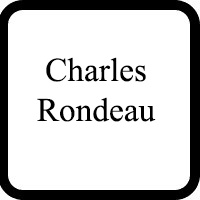Lawndale DUI-DWI Lawyer, California
Sponsored Law Firm
-
 x
x

Click For More Info:
-
Gharibian Law, APC
101 North Brand Blvd. Suite 1970 Glendale, CA 91203» view mapMedical Malpractice Law Respect Your Elders
Our dedicated legal team can help your family reconcile with elder abuse, personal injury, and wrongful death.
877-875-1119
Charles Reinhardt Rondeau
✓ VERIFIEDCharles R. Rondeau has more than 25 years of experience successfully handling personal injury and employment-related cases throughout California. He h... (more)
William K. Ringgold
✓ VERIFIEDMeet William K. Ringgold, a highly skilled and experienced lawyer who specializes in handling DUI cases in California. With a deep understanding of Ca... (more)
Michael Scott Braun
✓ VERIFIEDI was born and raised in Nebraska and lived there until I relocated to California in 1990. Early on, I was expected to work and because of that, I hav... (more)
Angela Rena Swan
✓ VERIFIEDMs. Swan has been licensed to practice in the state of California since 2001 and helps people with Divorce & Family and Criminal law matters.
Joel Simon Oiknine
FREE CONSULTATION
CONTACT Art Gharibian Glendale, CA
Art Gharibian Glendale, CA AboutGharibian Law, APC
AboutGharibian Law, APC




